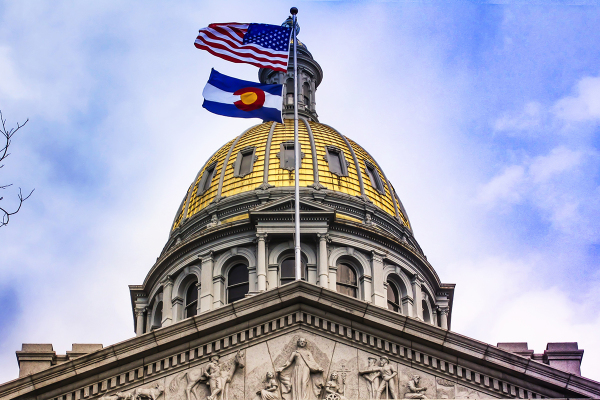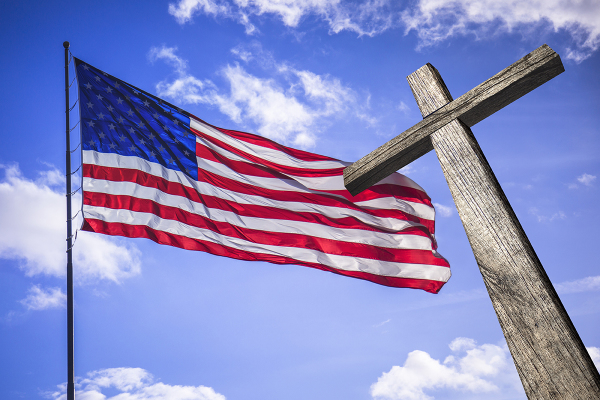Faith and Factory Farming
The area surrounding Raleigh, North Carolina where I lived during seminary is one of the premier regions for factory farming in the United States. For two years, whenever I flew into Raleigh-Durham International Airport, I would peer out my oval window at long, windowless boxes that looked like large storage facilities. Later, I discovered animals live their whole lives in these places. In Tar Heel, not far from my apartment in Wake Forest, 176,000 pigs are slaughtered each week. That's nine million pigs annually.
The high number of pigs being processed isn't really significant until you make the connection between these practices and their effects on the environment, people, our society and the animals themselves. Bryan Walsh of TIME magazine visited a factory farm and was able to skillfully describe its many effects:
A pig is being raised in a confined pen, packed in so tightly with other swine that their curly tails have been chopped off so they won't bite one another. To prevent him from getting sick in such close quarters, he is dosed with antibiotics. The waste produced by the pig and his thousands of pen mates on the factory farm where they live goes into manure lagoons that blanket neighboring communities with air pollution and a stomach-churning stench. He's fed on American corn. He's fed on American corn that was grown with the help of government subsidies and millions of tons of chemical fertilizer. When the pig is slaughtered, at about 5 months of age, he'll become sausage or bacon that will sell cheap, feeding an American addiction to meat that has contributed to an obesity epidemic currently afflicting more than two-thirds of the population. And when the rains come, the excess fertilizer that coaxed so much corn from the ground will be washed into the Mississippi River and down into the Gulf of Mexico, where it will help kill fish for miles and miles around. That's the state of your bacon - circa 2009.
The practice of factory farming should bother us on many levels. We know that God loves all creation, even the animals. He works to preserve it and wants all life to flourish. He has asked us to benevolently steward creation in a way that honors and glorifies Him. Treating living things as inanimate objects oversteps the bounds of stewardship. We have the right to use animals for food, but we don't have the right to act in cruel, cavalier ways toward God's creation or inflict unnecessary suffering on any living creature.
These practices run deeper than just animal rights. They deeply damage the environment and harm people. The 10 billion animals processed in America every year affect the quality of our air, rivers and streams. According to the EPA, the agriculture and meat industries contribute to nearly three-quarters of all our water-quality problems. People are also affected. The fatty meat produced from these practices promote obesity and affect global hunger issues. Over 800 million people in the world are hungry or malnourished. The majority of corn and soy our world produces now goes to feed cattle, pigs and chickens.
Americans can and should do better. The divine plan doesn't require vegetarianism or the abolition of meat, but factory farming isn't a good practice and our addiction to meat only complicates things. The Apostle Paul said that everything we do - even our eating habits - should glorify God (1 Corinthians 10:31). This means reforming our current system and implementing a healthier balance of foods, including more of the many wonderful fruits and vegetables God has given us, into our diets. Over-consumption of meat is not unlike our relentless pursuit of technology, toys and money. God's plan beckons us to become Christ-centered, people-loving consumers.






















